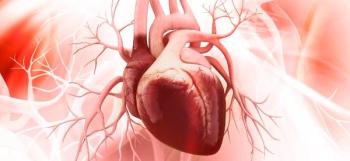
Robin Shaw, MD, PhD, Professor of Medicine at the University of Utah and Director of the Nora Eccles Harrison Cardiovascular Research and Training Institute, shared his thoughts on the program.

Robin Shaw, MD, PhD, Professor of Medicine at the University of Utah and Director of the Nora Eccles Harrison Cardiovascular Research and Training Institute, shared his thoughts on the program.
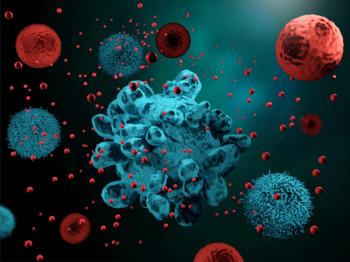
WU-CART-007 has been granted fast track, rare pediatric disease, and orphan drug designations.
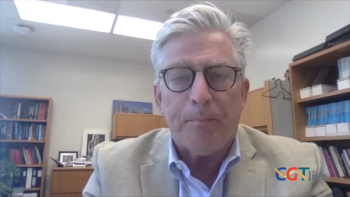
The principal investigator of the HOPE-2 trial discussed results of the trial in the non-ambulatory population of patients with Duchenne muscular dystrophy.
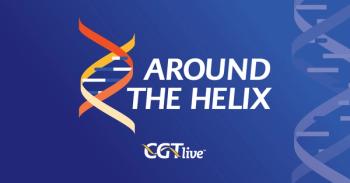
Catch up on the latest news, breakthroughs, and announcements from biotechnology companies making advancements in cell and gene therapies.

Ofra-vec continues to be evaluated in phase 2 trials for glioblastoma and colorectal cancer.
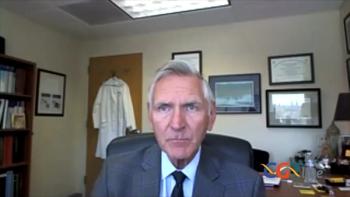
The professor of neurosurgery at Rush University Medical School discussed data seen in the phase 1/2 clinical trial of LCTOPC1.
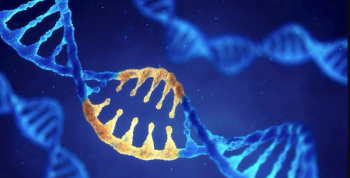
Ultragenyx also exercised its option to acquire GeneTx, its partner in developing GTX-102.
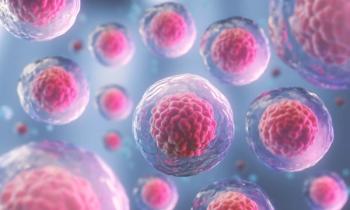
PLX-PAD is also being studied for the treatment of steroid-refractory chronic graft versus host disease.
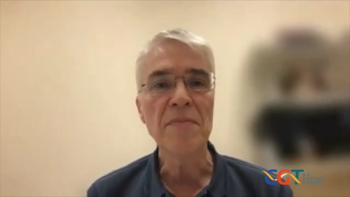
The professor and head of coagulation disorders and Comprehensive Care Centre, University Hospital of Frankfurt, Germany, discussed future integration of EtranaDez into hemophilia B treatment.
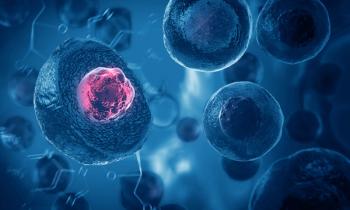
Rajesh Pahwa, MD, FANA, FAAN, discussed balancing hope with current challenges with stem cell approaches in PD.
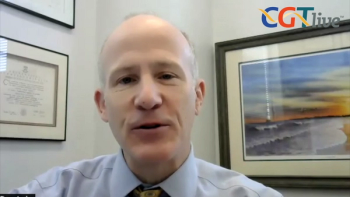
Genetics is the future of heart failure and cardiomyopathy treatment, Judge told CGTLive in an interview.
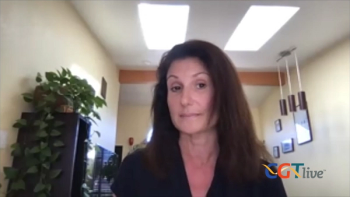
The associate professor from UC San Diego discussed promising efficacy and safety data from a phase 1/2 trial.
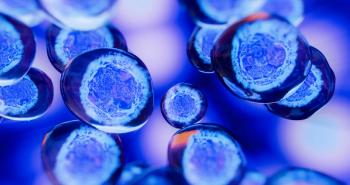
Lauren Veltri, MD Director, WVU Cancer Institute Hematopoietic Malignancy and Cellular Therapy Program, discussed the recent FACT accreditation.
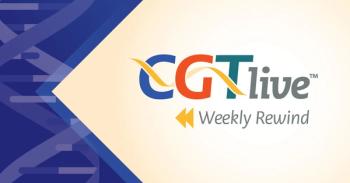
Review top news and interview highlights from the week ending July 15, 2022.

The adjustments come after the company announced a reprioritization to focus on ALLOB in September 2021.
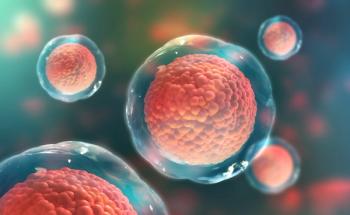
There were not enough data at 6 months to predict expanded disability status scale (EDSS) improvements after treatment.

AVROBIO decided to deprioritize their Fabry disease gene therapy program in January 2022.
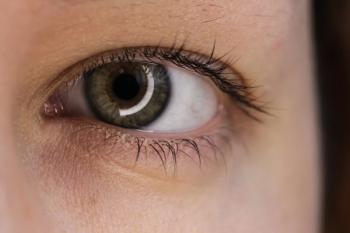
After submitting an amended IND, Adverum’s gene therapy is set to be evaluated in the phase 2 LUNA trial.
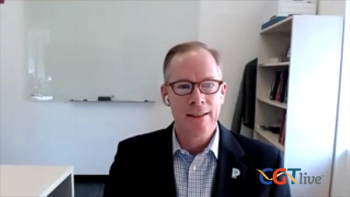
The chief scientific officer and senior vice president of the Parkinson’s Foundation discussed mutations the Parkinson’s Foundation has identified.

Catch up on the latest news, breakthroughs, and announcements from biotechnology companies making advancements in cell and gene therapies.
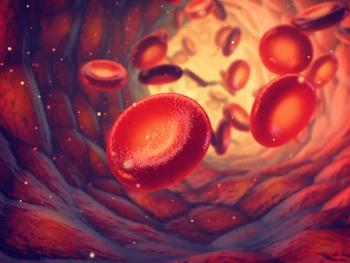
Verve Therapeutics is currently conducting a clinical trial in New Zealand and expects to be able to open trials in the UK and US later in 2022.
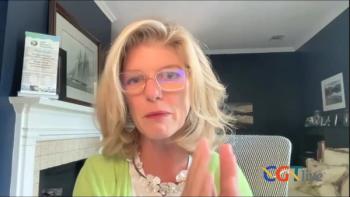
Susan Ruediger, founder and chief mission officer, CMT Research Foundation, discussed the foundation’s mission.
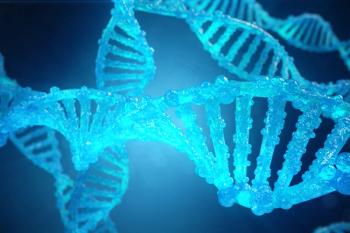
SCG101 will be evaluated in trials across China, Singapore, and the US.
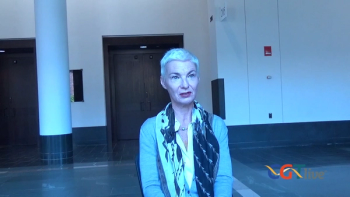
The chief program officer of the Alliance for Cancer Gene Therapy discussed the work the nonprofit is doing.
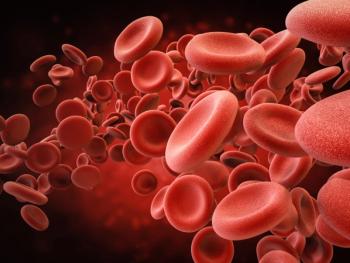
A second cohort has been dosed with 7.7e11 vg/kg to hopefully confirm the dose for phase 3 trials.

A phase 1 trial has completed enrollment in its first cohort and is now enrolling the second.

Foundation Fighting Blindness is helping to support the development of gene therapies for retinal diseases.
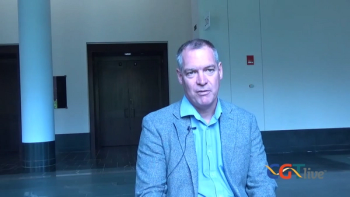
The chief scientific officer at TScan Therapeutics discussed the company’s SafetyScan technology.
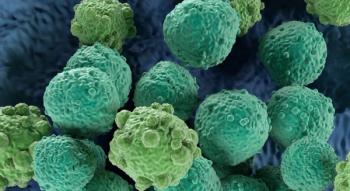
Legend Biotech seeks to prioritize other product candidates in its pipeline.
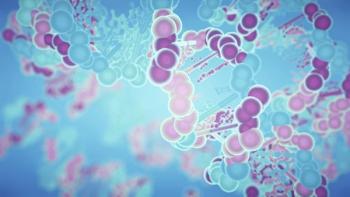
Myrtelle’s rAAV-Olig001-ASPA was granted fast track, rare pediatric disease, and orphan drug designations in March 2022.